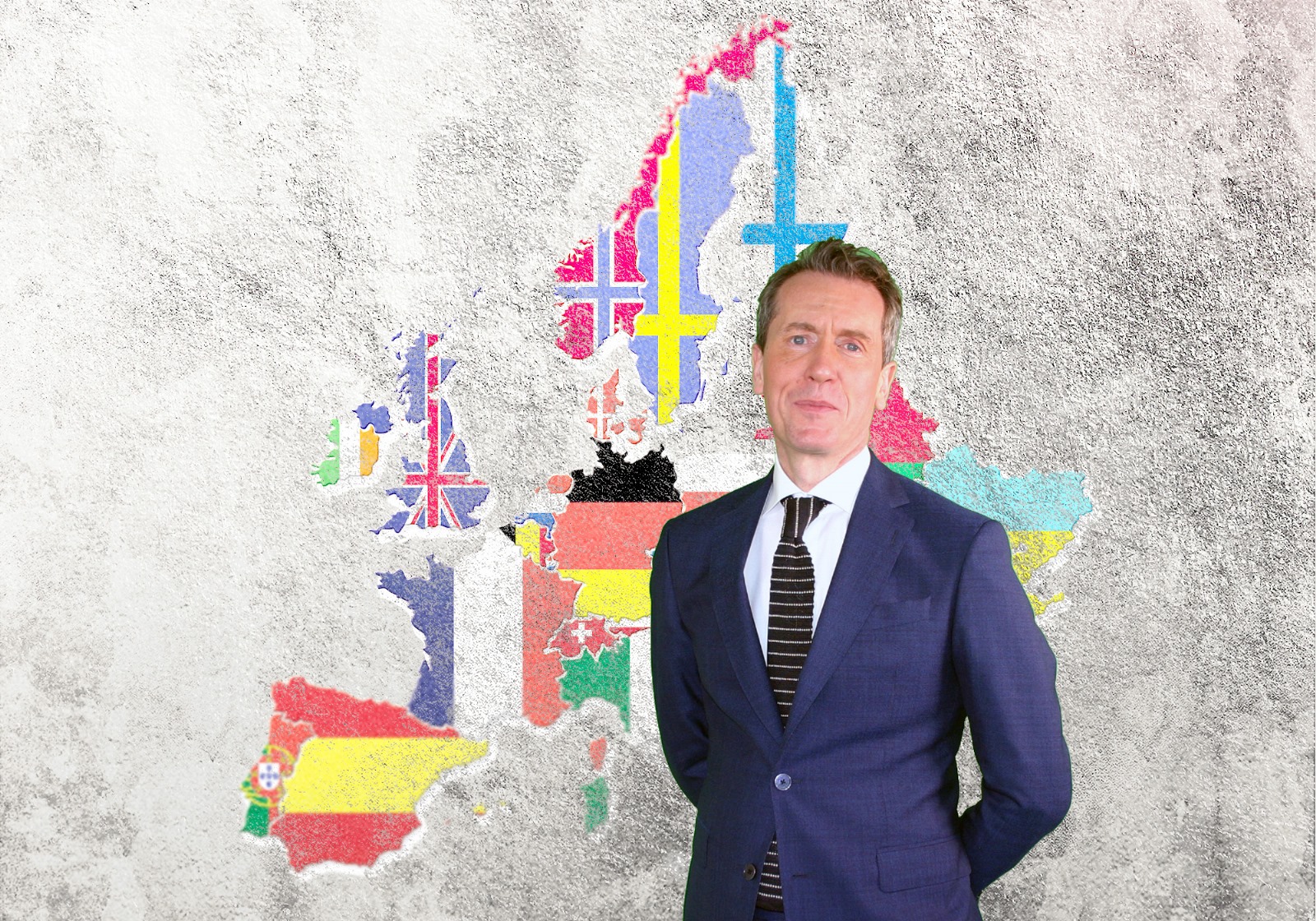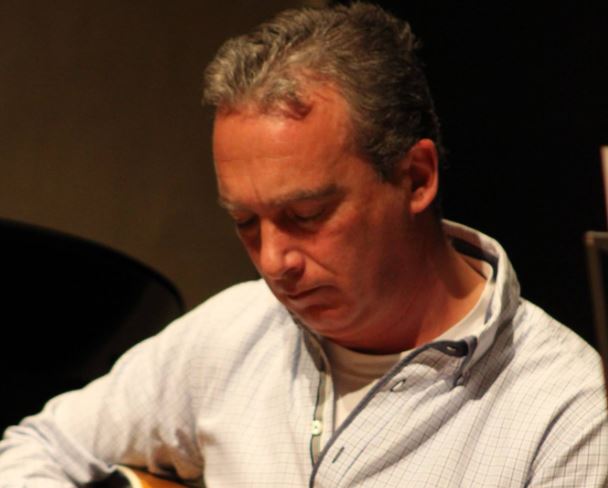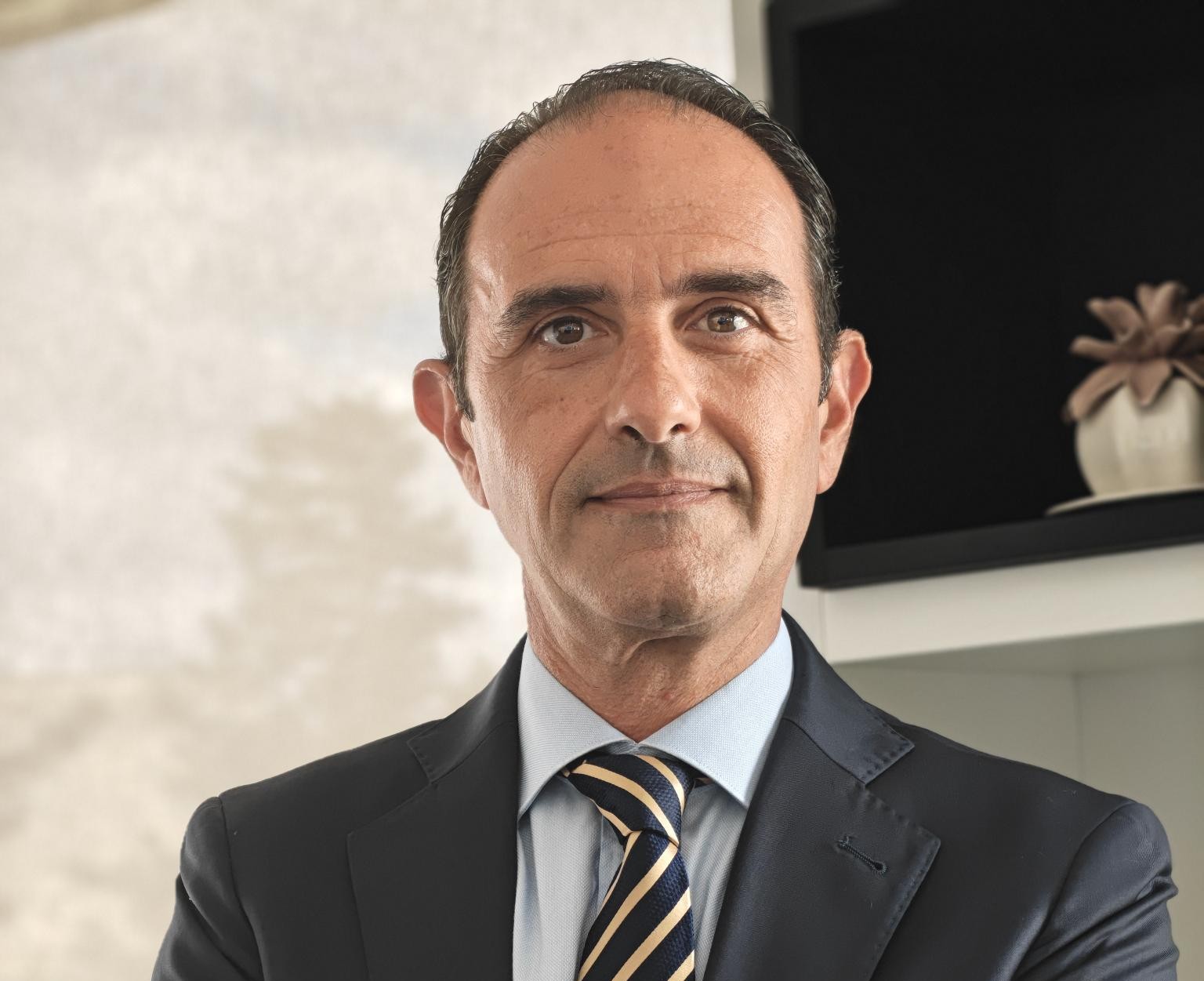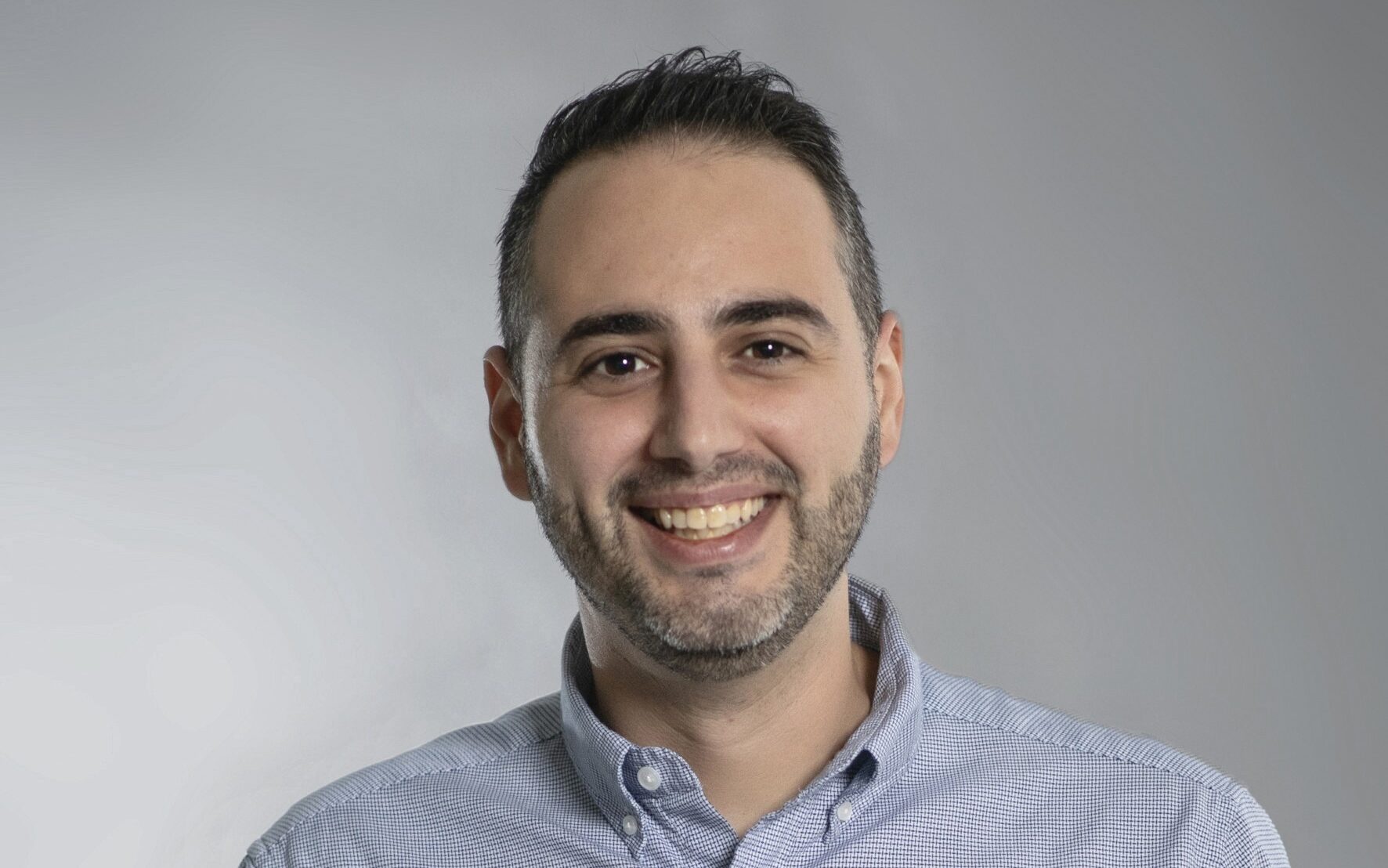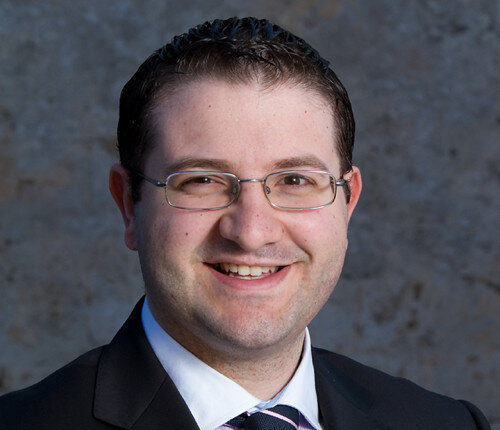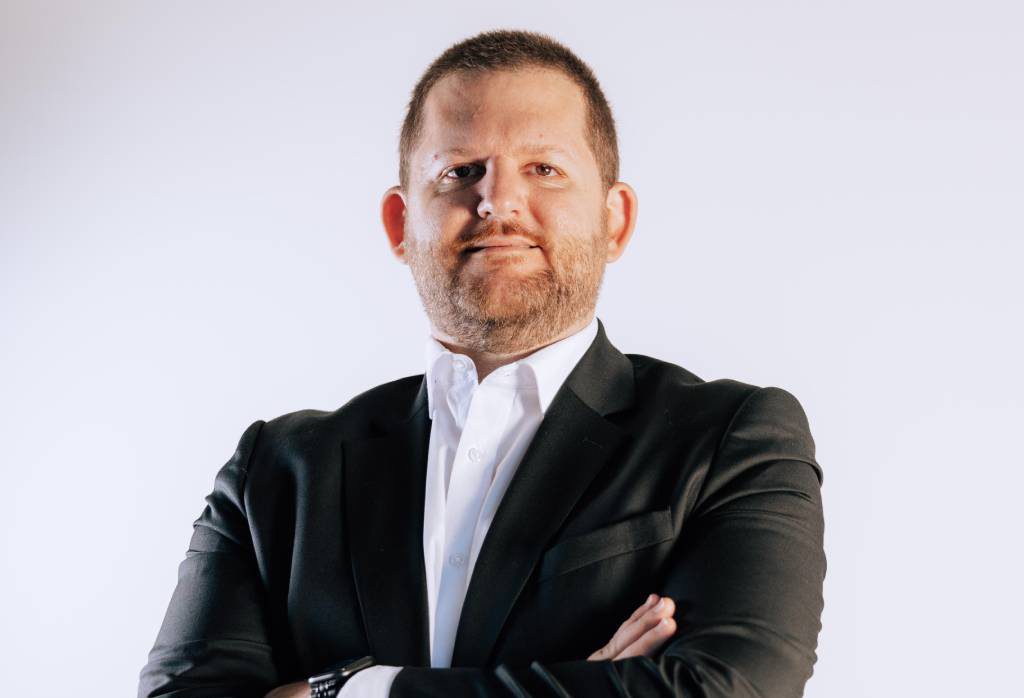With more than 10,000 C-level executives interviewed across the globe, Professor Sander Schroevers’ research points to one consistent finding: Leaders who rank highly in both cultural intelligence (CQ) and emotional intelligence (EQ) consistently outperform their peers in multicultural environments.
Prof. Schroevers is a Cultural Intelligence expert, author of many management books in the field of international communication, and he has recently become a partner at ‘The WHY Team’, a corporate training institute based in Birkirkara.
MaltaCEOs.mt sat down with Prof. Schroevers to speak to him about his research.
According to Prof. Schroevers, the island’s workforce composition is shifting at an unprecedented pace, with employees now hailing from India, Nepal, Serbia, Tunisia, and beyond. While this diversity brings opportunity, it also presents a fundamental challenge to traditional leadership styles.
As he puts it, “a good leader makes a team swing. But a great leader makes people from everywhere feel at home.”
“Historically, Maltese economic identity was rooted in trades like farming, fishing, and small-scale commerce,” Prof. Schroevers notes. “There was less of a legacy around modern entrepreneurial leadership. That’s changing, but slowly.” He suggests that many business leaders in Malta are still leading with a one-size-fits-all model, often inspired by Anglo-American management frameworks, which may not resonate across cultures.
This presents a missed opportunity, especially in sectors like hospitality, gaming, and finance, which heavily rely on international talent. “You can’t lead a Nepalese team member the same way you’d lead a Bulgarian one,” he says. “Trust, hierarchy, and emotional expression vary widely across cultures. Without adapting, you’re not getting the best out of your people.”
Dr Schroevers advocates for what he calls “multi-stable leadership” – the ability to code-switch not only linguistically, but culturally and emotionally. “It’s like running different software simultaneously in your mind and heart,” he explains. “Leaders need to understand when a ‘yes’ from one culture might actually mean ‘no’, or how emotions are expressed and read differently in places like Germany, Brazil or India.”
He draws comparisons with Gulf states like Dubai and Abu Dhabi, which have invested heavily in leadership development programmes that are inclusive and designed to accommodate diverse workforces. “Malta could benefit from benchmarking these models. What we see now is a high rotation rate – people come, stay a year, and leave. That’s costly.”
Part of the problem, he argues, is the underutilisation of existing Government support. “Malta’s Government is quite business-oriented and does fund educational programmes. But it seems many CEOs don’t take full advantage of them. That’s dangerous in the long run.”
Prof. Schroevers also points to the importance of executive education in closing Malta’s leadership pipeline gap. While unemployment remains low, many companies still struggle to find the right talent to fill roles, signalling a clear skills mismatch. “There’s a glass ceiling,” he adds. “You don’t yet see Indians or Tunisians in senior leadership roles. In contrast, at companies like Google, you do.”
The lack of clear upward mobility for foreign workers in Malta not only limits individual growth, but it also stifles innovation and hinders long-term company performance. “It’s not enough to hire diverse talent. You have to cultivate it and give it a path to leadership,” he stresses.
Despite the challenges, Prof. Schroevers remains optimistic about Malta’s potential to become a model of adaptive leadership in Europe. “It’s a perfect lab,” he says. “The country has the ingredients – English fluency, business-friendly governance, and an open culture. But without serious investment in leadership development and CQ-EQ training, those advantages could be lost.”
His closing message to CEOs is clear: If you’re not building leadership capability for a diverse future, you’re already falling behind. Inclusion isn’t a buzzword – it’s a business strategy.
How to stay focused during the holidays – a practical guide for CEOs
You can still be productive in chaotic December, it just takes some mindfulness.
Agora Estates welcomes Calvin Bartolo as new Non-Executive Director
This appointment follows the decision of Isabella Vella to step down from her role as Non-Executive Director.
Why Malta’s C-suite should close the year by reflecting with staff
Research shows its largely beneficial for a number of reasons
‘The goal is to position Malta as a key operational hub’: New AKJ FMG CEO
Speaking to MaltaCEOs.mt, Paul Magro outlines the company's strategic vision.


